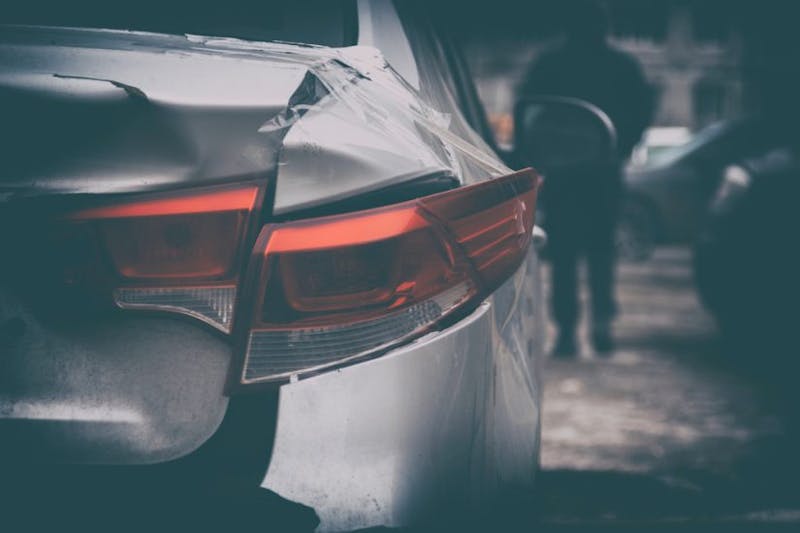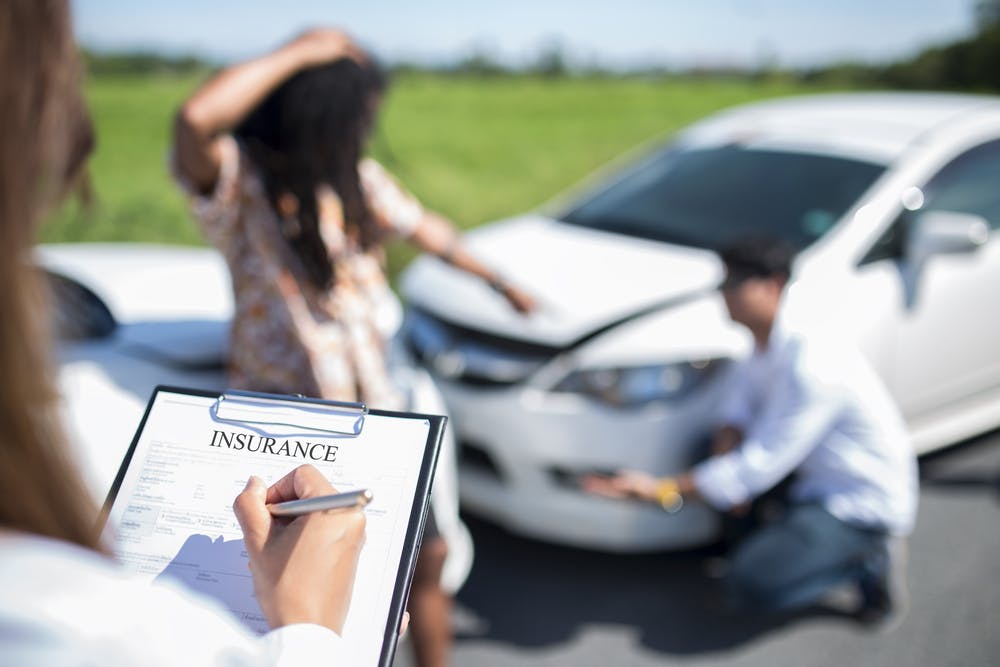
Who hasn’t lent their car to a friend, family member, or colleague? We’ve all done it without thinking twice. But have you ever thought about the legal implications of trusting your vehicle to someone? What if they get in an accident? What are your responsibilities in this situation? What about your insurance? In this post, we’re going to answer all these questions so that you can make informed choices.
If you still have questions after reading this post feel free to reach out to the Atlanta car crash attorneys at The Pendergrass Law Firm, PC.
Understanding Vehicle Insurance: “Permissive Use”
Permissive use is an insurance industry practice where, in general, your auto insurance policy extends coverage to anyone you have given permission to drive your car. It comes into play when someone else is behind the wheel of your car and an accident occurs.
It’s the automobile that is insured – not the person driving it. When your car is involved in a crash, your insurance policy is usually the primary source of coverage, regardless of who is sitting in the driver’s seat. It doesn’t matter that you – the car owner – weren’t driving and did absolutely nothing wrong. Your policy may still be affected.
Primary vs. Secondary Insurance: Who Pays First?
It doesn’t matter who was driving your car – your insurance policy is considered the primary one. Simply put, your insurance provider is responsible for covering the costs of any property damage and injuries up to the limits of your policy.
Primary insurance in this case refers to the auto insurance policy that covers the vehicle itself. It’s the insurance held by the owner of the vehicle.
Secondary insurance, on the other hand, is the policy held by the driver of the vehicle, i.e., whoever was driving the car at the time of the crash. This insurance is activated when the primary insurance – your car’s policy – may not be sufficient to cover all the costs.
If the damages resulting from the collision exceed the limits of your auto insurance policy, the driver’s insurance can step in to provide the extra coverage. This secondary insurance ensures that the injured parties receive the compensation they are entitled to, even if the primary insurance falls short.
Here are some other circumstances when secondary insurance comes in handy:
- When the at-fault party does not have enough insurance to cover the damages, their Uninsured/Underinsured Motorist Coverage can help compensate the injured if the primary insurance is insufficient
- When the at-fault driver has Non-Ownership Coverage, it applies when they are driving a vehicle they do not own. In such cases, this insurance can act as a secondary policy. A lot of people in Georgia who do not have a car still get non-owner insurance to cover them against liabilities for property damage and bodily injuries.
- When the driver has a commercial auto insurance policy or rental car insurance, these policies can also be considered secondary if the accident occurs while they are using your car for business purposes or as a rental.
- When a driver is carrying additional liability coverage, such as Umbrella Insurance, it can provide protection beyond the limits of the primary insurance policy.
Are There Any Exclusions in Insurance Policies?
No matter which state you are in, all auto insurance policies come with certain limits under which coverage may be restricted or denied. Some of the most common ones include:
- Car insurance plans usually don’t cover damages that result from intentional acts or criminal activities, i.e., if the insured driver intentionally causes a collision, their insurance may not cover it.
- Any accidents that occur while the insured vehicle is engaged in racing, speed contests, or similar high-risk activities are excluded from coverage.
- If the vehicle is used without the owner’s permission or outside the scope of the permissive use granted, coverage may be denied.
- If the vehicle was being used for commercial purposes when it got into the accident, it will not be protected by a personal auto insurance policy. Business-related activities require separate commercial auto insurance.
- If the insured driver is under the influence of alcohol or drugs and causes an accident, their insurance may deny coverage or impose limitations on the claim.
- If the car was being driven by someone you explicitly excluded in your insurance policy, the accident will not be covered.
- Some policies may exclude coverage for damages that are caused by any modifications to the car that were not disclosed to the insurance company.
You should always know what your plan covers and what it doesn’t before you lend your car. If not sure, contact your insurance provider to get a clear understanding of all the coverage restrictions.

Uninsured or Underinsured Drivers
If the person borrowing your car gets into an accident in Georgia and does not have the necessary insurance coverage, it could leave you vulnerable to a world of financial consequences. The injured victim or their family may be well within their rights to hold you financially accountable for their medical bills and other costs.
Before you allow someone else to drive your car, ask for proof of insurance. Their policy should meet Georgia’s insurance requirements, which mandate drivers have at least:
- $25,000 per person for bodily injury
- $50,000 per accident for bodily injury, and
- $25,000 per accident for property damage
If you do not already have Uninsured/Underinsured Motorist Coverage, get it as soon as you can. You have little to no control over the driving habits and insurance coverage of the person borrowing your car. But with UM/UIM add-on, you can rest easy knowing that you and anyone else driving your vehicle are protected in case of an accident caused by an uninsured or underinsured driver.
Have More Questions? Talk to a Georgia Car Accident Attorney Today
The next time you think about handing someone your keys, keep in mind that a third party who sustained injuries in an accident caused by your car – even though you were not driving it – has the right to file a lawsuit against you to recover compensation for medical bills and other expenses.
If the unthinkable has happened and you need expert legal guidance, do not delay in contacting our car accident lawyers at The Pendergrass Law Firm. You can call us at (404) 737-0822 or contact us online.


